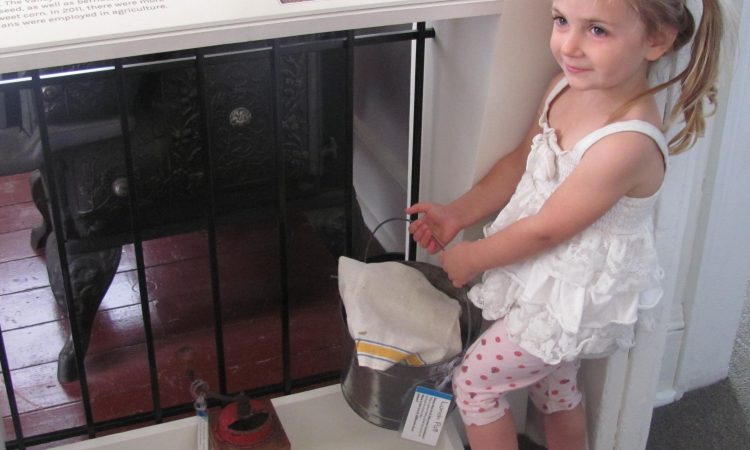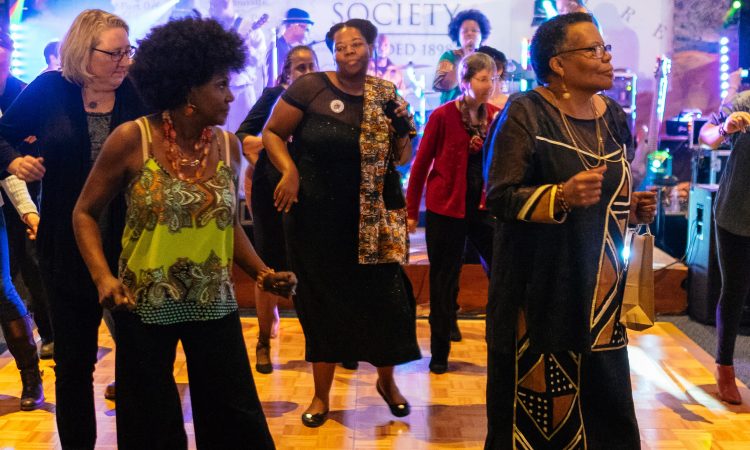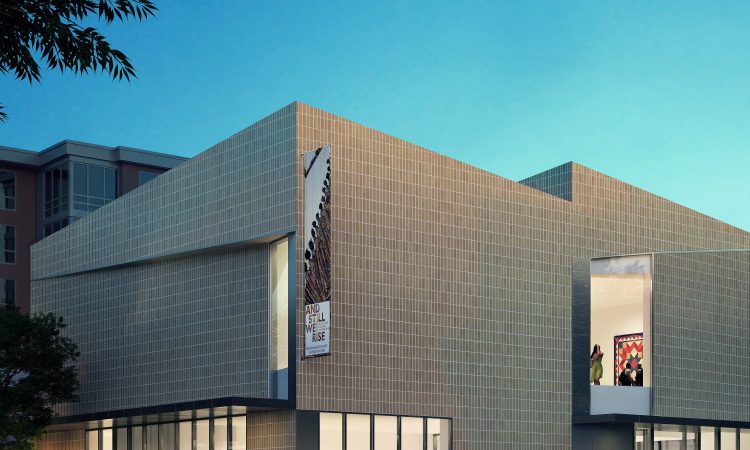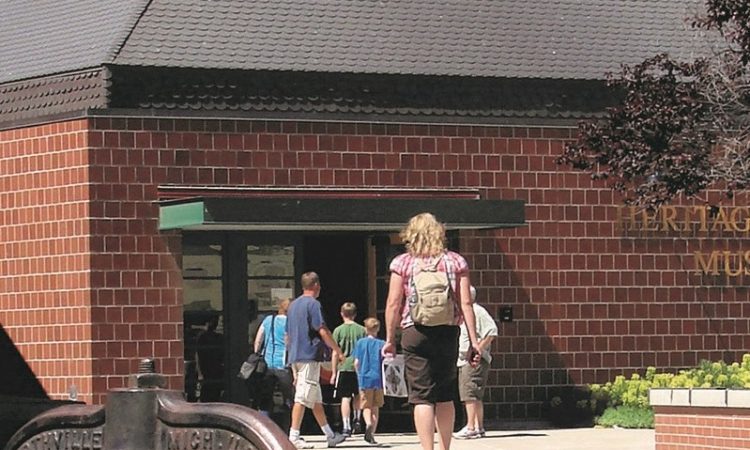Historical societies play an important role in protecting and preserving regional history and allowing a place for the public to interact with historical artifacts and documents. Local historical societies are scattered around Oregon, many of which are small and largely volunteer-run, all telling parts of the greater story of the state.
Historical museums are invaluable to our communities. They provide the opportunity for children and students to get deeper, hands-on learning about their state and region that wouldn’t otherwise be possible with just classroom lessons. They preserve the stories of the region’s Native tribes, bringing their central role to the forefront of history. And researchers can access collections of artifacts that would otherwise be difficult to find. History is a vital piece of culture-building in our communities, and Oregon boasts dozens of historical societies, all doing the important work of preserving the state’s history. Here is just a handful that the Murdock Trust has had the privilege of partnering with over the years.

Willamette Heritage Center in Salem preserves the history of the Mid-Willamette Valley and is unique among historical and heritage organizations in the area with its 14 historic buildings. Visitors learn about the diverse culture in the Willamette Valley, specifically through three historic houses at WHC that tell these stories. The Lee House educates about the Methodist Mission to Oregon, the John Boon House interprets the story of development and growth of major businesses in the region and the Methodist Parsonage tells the story of the culture of Kalapuya, the First People of the Valley. The Murdock Trust supported the redesign of these three houses’ exhibits to better tell the diverse stories of the region, helping ensure that these vital stories don’t get overlooked.

Oregon Historical Society has a broad mission to preserve the history of the state and inspire curiosity about the people, places and events that shaped Oregon. For more than 120 years, OHS has presented a vast collection of artifacts, photographs, film, manuscripts, books and oral histories through its exhibits. The Murdock Trust has partnered with OHS on several projects over the years, including The Oregon Experience, which explores the broader story of Oregon through the lens of various cultures, races, religions and ethnicities, the Learning Portal education space for children and a digital vault to offer people around the world access to its digital collections. Access to museums is limited for many of our communities, and OHS is intentional to create various ways to access its historical archive.

Benton County Historical Society preserves the culture of rural Benton County through its museum in Corvallis. BCHS presents rotating art exhibitions and more permanent history exhibitions to about 7,000 visitors each year. It offers research access to its extensive collection that includes information about Camp Adair, historic houses, family genealogy and Benton County industries. Preserving the history of rural communities is an important part of preserving the state’s whole history, and the Murdock Trust has invested in the expansion of the BCHS museum to ensure that visitors continue to have access to important historical artifacts.

Umatilla County Historical Society is another rural organization that collects and preserves historical objects unique to the Pendleton area. Located in an old railway depot, the Heritage Station Museum houses collections, programs and exhibits, along with a Union Pacific caboose and signal house and a 19th century homestead, all visited by about 5,000 people each year. Murdock Trust support has helped renovate the museum, as well as bring new permanent exhibits to visitors, including the Umatilla Gold exhibit opening this winter that tells the history of wheat in the county.
When history is preserved and made accessible to all people
in a state, whether rural or urban, local or out of state, wealthy or low
income, Oregon communities are richer because of the great work of these and
other historical societies all across the state. Explore other museums and
historical preservation organizations by browsing through the grants awarded section of
our website, and if you’re able, pay a visit to your local historical society
to learn more about your community and its history.







